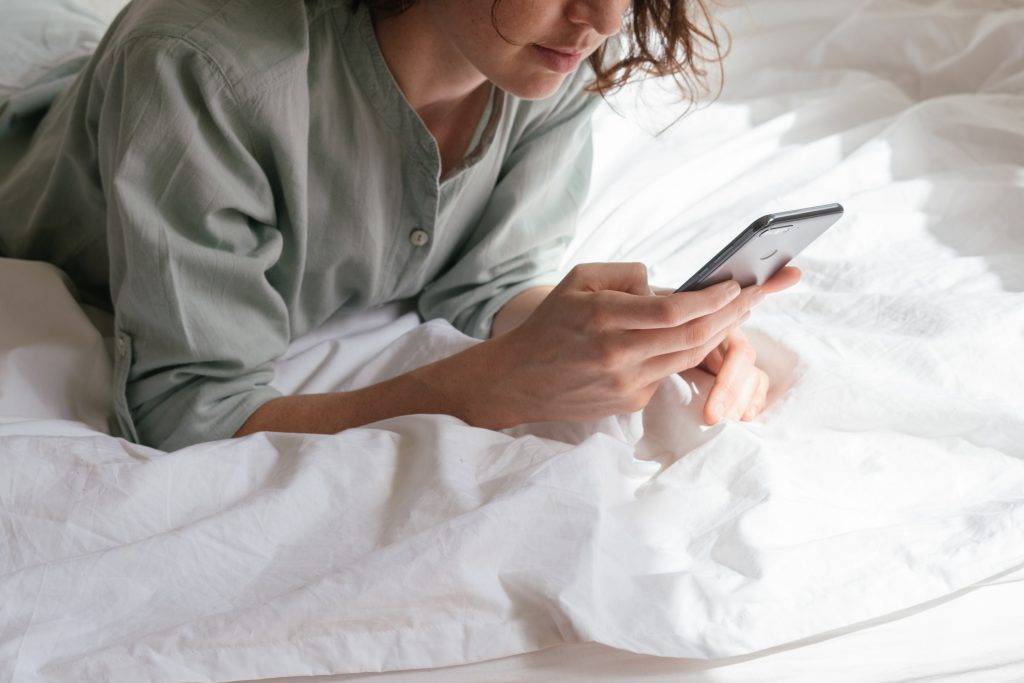Let’s all remember when we were young and foolish, some more than others, so everyone reading this probably has a saucy tale or two to tell from their mischievous teen years. It’s that blooming passion with unbridled hormones running amok that gets teens into some awkward sexual situations.
And while it once may have been seen as an embarrassing and weird, but ultimately necessary learning experience, today’s technology has made things much more complicated. Taking a nude photo of yourself and sending it to someone is now just a matter of a few screen taps.
With that kind of connectivity, it’s much harder to suppress the impulses of youth, especially the misguided ones. The most dangerous aspect of it is that some kids still see it as harmless fooling around, while others can easily be coursed into it.
After all: “What’s the harm in a little R-rated flirting?”
The issue here is that around 80% of the naked pictures sent by girls are caused by peer pressure or a sinister individual using sexual grooming techniques. A lot of these cases involve some form of abuse.
There have been cases of outright extortion, even one where a girl threatened to leak a boy’s nude photos unless he stole some items for her from a store. Even if they are done on a whim, as some girls do to get attention from popular boys at school, they can resurface and ruin someone’s reputation or career down the line.
What is our answer to all this? The police have begun issuing what they call “Outcome 21” to those under 18 who send explicit photos. It’s mostly a “slap on the wrist” solution so that the police wouldn’t have to make arrests or open up criminal records for less severe cases. Does just saying: “Don’t do it, kids, it’s illegal,” without so much as a fine, really work.
In the last three years alone, there have been 2700 of these nude pics in circulation – all featuring children under the age of 14. In less than 200 of those was any further legal action taken.
So, what are the parents to do? The first step is sexual and ethical education that keeps up with the time. The second is lots of digital support for youths who have trouble with self-esteem, are in abusive relationships, or are being mobbed into doing something they will regret.
We need a more flexible approach that deals with each unique case separately, not laws and rules or books written in the late seventies. We need a way to talk to our kids about the dangers of such reckless sexual behavior. Let’s #StartTheConversation, now is the time, tomorrow we don’t know.




